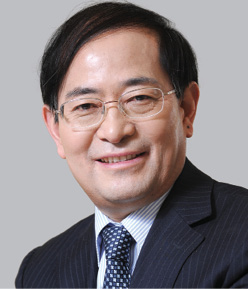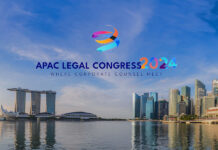Pursuant to article 15 of the Sino-Foreign Equity Joint Venture Law and article 25 of the Sino-Foreign Co-operative Joint Venture Law, the Chinese or foreign parties to a joint venture may apply to a Chinese or foreign arbitration body in accordance with an arbitration agreement for arbitration of a dispute arising from the performance of a Sino-foreign equity or co-operative joint venture contract (JVC). Article 244 of the Civil Procedural Law rules out the possibility of selecting a foreign court or a court outside China to govern this kind of dispute, so many foreign investors prefer to solve JVC disputes by means of arbitration outside China (in foreign countries, as well as in Hong Kong, Macau and Taiwan). Since joint ventures are established in China, it is likely that the prevailing party to an arbitration case will need to apply to a court in China for recognition and enforcement of an award delivered by a foreign arbitration body.
Legal framework
China formally acceded to the Convention on the Recognition and Enforcement of Foreign Arbitral Awards, also known as New York Convention, in 1987, after which arbitral awards made pursuant to the convention in other signatory states were recognised and enforced. If the foreign and Chinese parties to a joint venture have concluded an arbitration agreement in their JVC, or have reached a separate arbitration agreement for the selection of arbitration in another signatory state, then they may apply to a Chinese court, pursuant to the convention, for recognising and enforcing an award made during the arbitration proceedings conducted in accordance with such arbitration agreement. Recognition and enforcement of an award may be refused by a Chinese court only if the circumstances specified in the convention arise.

Hong Kong is one of the region’s major arbitration centres. However, arbitral awards made in Hong Kong could not be recognised and enforced under the convention because they do not meet the requirements that “an award shall be made in the domain of a signatory state”. To this end, the Supreme People’s Court of China and the Court of Final Appeal in Hong Kong reached the Arrangement Concerning Mutual Enforcement of Arbitral Awards between the Mainland and Hong Kong Special Administrative Region in 1999, which serves as a legal basis for the mainland to enforce arbitral awards made in Hong Kong. Major provisions under the arrangement, including the reasons for refusal of the recognition and enforcement of awards (article 7), are consistent with the provisions under the New York Convention.
You must be a
subscribersubscribersubscribersubscriber
to read this content, please
subscribesubscribesubscribesubscribe
today.
For group subscribers, please click here to access.
Interested in group subscription? Please contact us.
你需要登录去解锁本文内容。欢迎注册账号。如果想阅读月刊所有文章,欢迎成为我们的订阅会员成为我们的订阅会员。
Zhang Shouzhi and Huang Tao are partners of the International Litigation Department at King & Wood Mallesons’ Beijing office. Their respective e-mails are zhangshouzhi@cn.kwm.com and huangtao@cn.kwm.com. Liu Shoujie is a consultant to this department. His email is liushoujie@cn.kwm.com. You may contact the authors by phone at: + 86 10 5878 5588.





















